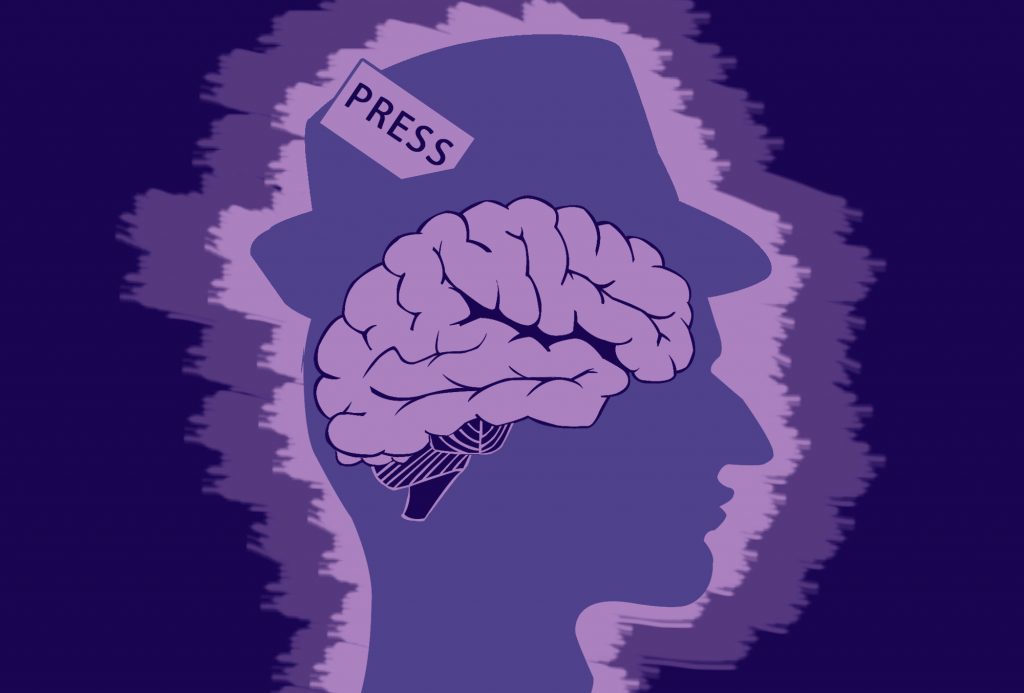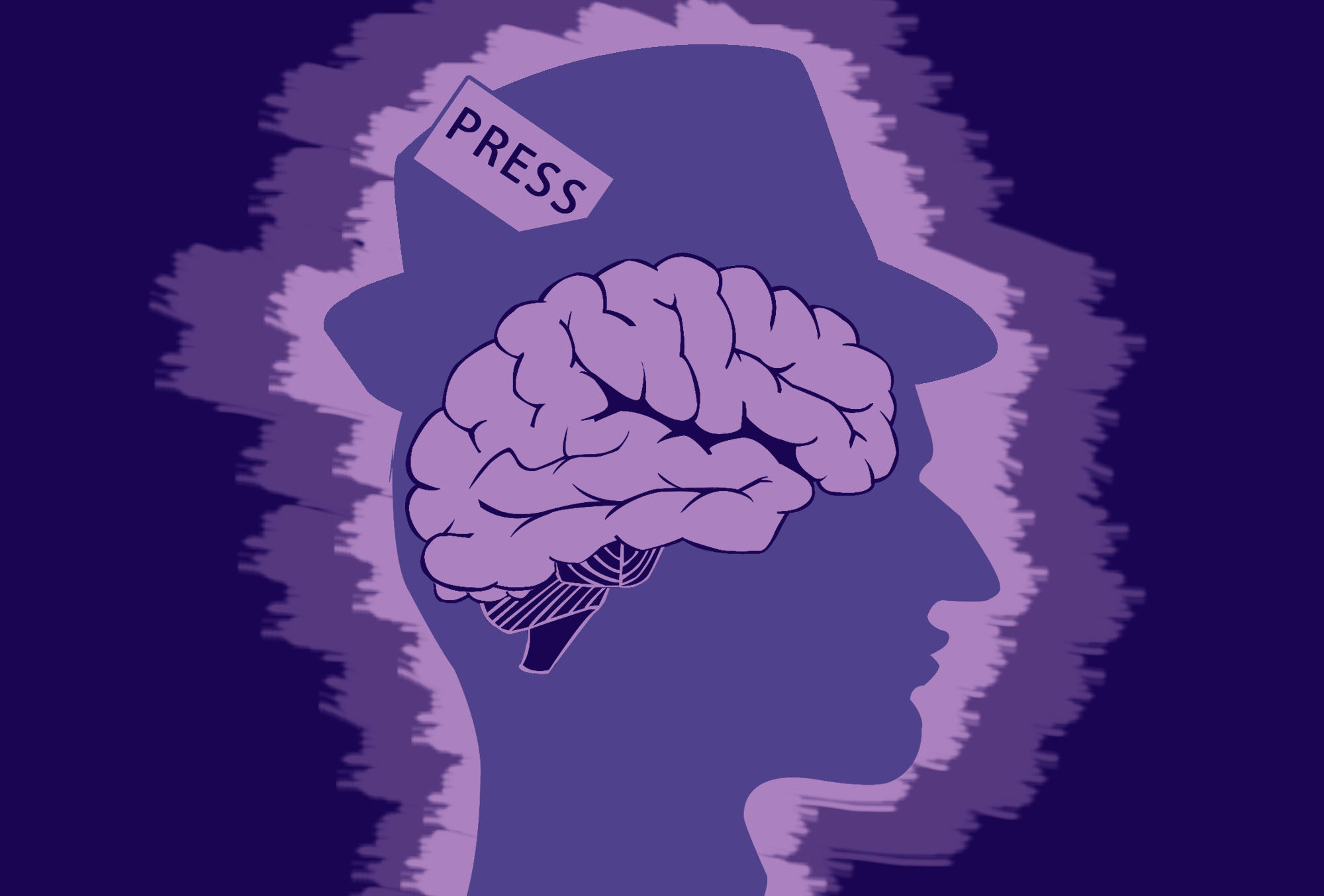
A new study, published earlier this year in Journalism & Mass Communication Quarterly, suggests that people tend to associate news stories about mass shootings with mental illness, regardless of whether those news stories specifically mention mental health.
The study, which measured and compared the attitudes of people who read articles about mass shootings, concludes that the participants tended to have negative attitudes about mental illness after reading the majority of news articles presented to them.
Participants completed a survey that measured their tendencies to provide socially normative responses. Subsequently, they read either one of four fictitious articles about a mass shooting—each with varying levels and kinds of information about mental illness—or a fifth unrelated article, used as a control in the experiment. Most articles were written to mimic the format of daily news. The researchers then used a survey to evaluate participants’ agreement with statements about perceived danger and social distance, insurance, treatment, discrimination, and recovery in relation to persons with mental illness. Some of these statements include “people with serious mental illness are, by far, more dangerous than the general population” and “I would like to see more government spending on mental health treatment.”
“Like all good journalism, it’s all about the context.”
The study finds that news articles discussing mass shootings without any reference to mental health—as well as articles that report the mental history of the shooter and articles that include accurate educational information from a mental health expert—tend to produce negative attitudes about mental health.
Authors Laura Wilson, Alesha Ballman, and Theresa Buczek from the University of Mary Washington speculate that these negative attitudes are influenced by a history of stereotypical news coverage which associates mental illness with mass shootings without properly contextualizing their link.
“It is possible that participants’ prior exposure to news coverage linking mass violence to mental illness leads them to assume the perpetrators of such events have a history of psychological difficulties and that it is a causal factor in their violent acts,” the authors say in the study.
This finding is supported by the agenda-setting theory, proposed by Maxwell McCombs and Donald Shaw in 1972, which says that news media exposure tends to influence a topic’s perceived importance in the eyes of the public. Thus, the agenda-setting theory would predict that an over-prevalence of news stories linking mental illness and violence might cause news consumers to believe that this link is an important topic, thereby associating mental illness and violence.
However, other contexts may also affect the assumptions of the reader. For instance, according to the Canadian Mental Health Association, there is no comprehensive database about the prevalence of mental illness in Canada. The lack of accurate data may have a negative, universal effect on the well-being of Canadians with mental illness, including on the level of stigma.
The researchers also say that, according to their results, the least harmful type of article is one that cites “educational information” from academic studies, adding that information from a study is more effective than information from an interviewed expert. However, the academic article uses citations in its text, making it the only one not written in a daily news style.
Esther Enkin, CBC’s English-language ombudsperson and vice president of the Canadian Journalism Forum on Violence and Trauma, the publisher of the Mindset mental health reporting guide, says that she is “unsurprised” by the study’s findings and that “like all good journalism, it’s all about the context.”
“What news organizations have to do, and I think this realization is creeping in, is the ongoing reporting about the systemic issues, the challenges, the issues around treatment, why people are on the street, and why they’re not getting treatment,” she says. “Hopefully, over time, that changes people’s understanding and reduces the stigma.”
